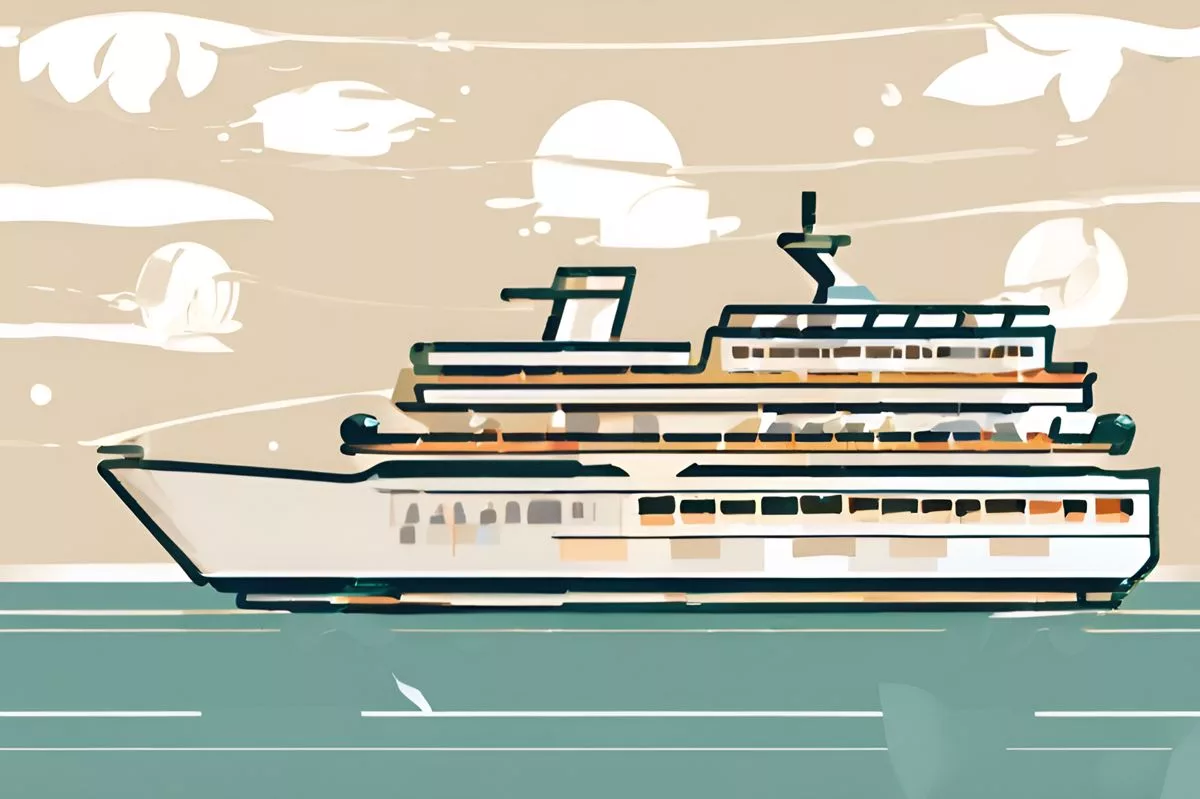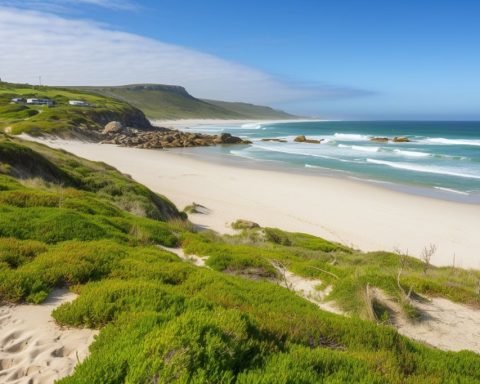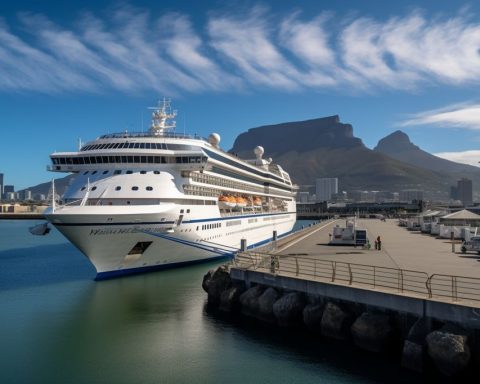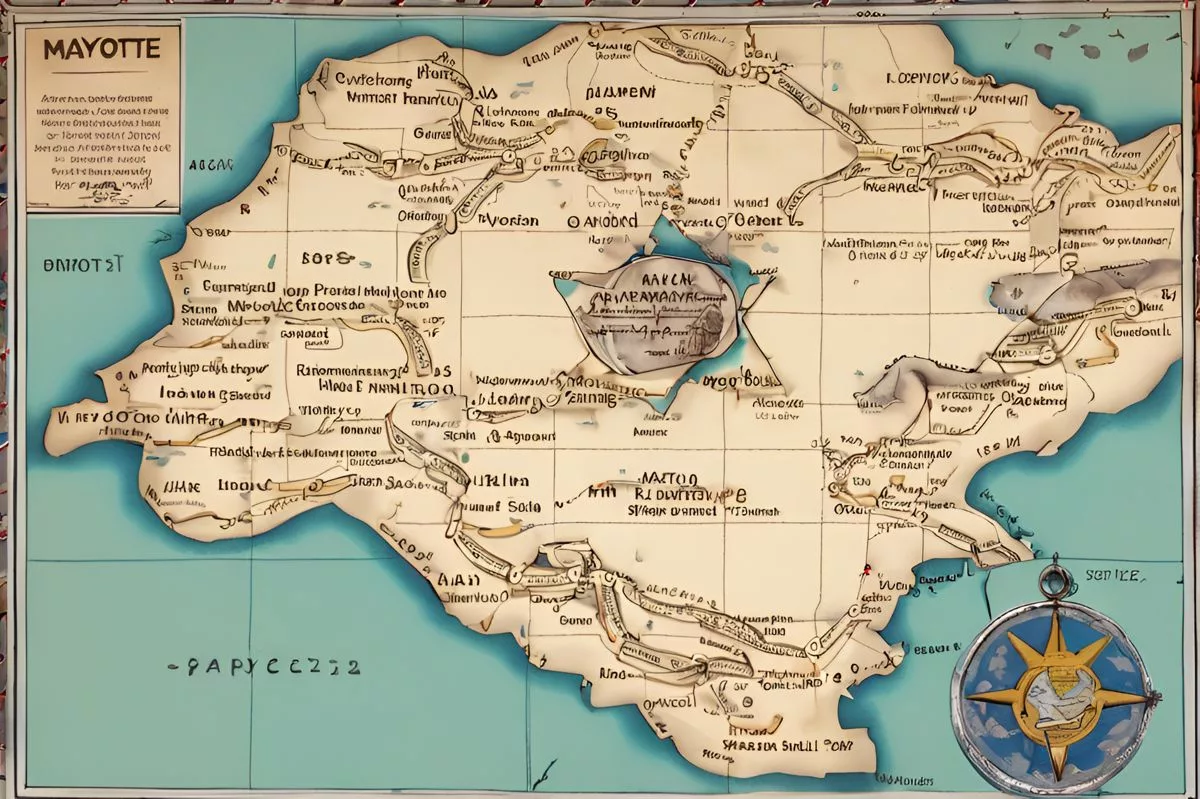Cape Town has become a popular destination for cruise tourism, with 70 ships bringing in 145,000 passengers and 42,000 crew members during its most fruitful season to date. The Cape Town Cruise Terminal has infused R1.2 billion into the provincial economy, turning it into a key player in the global cruise industry. The city’s strategy includes attracting environmentally-conscious cruise ships and encouraging eco-friendly practices within the industry, such as the use of smaller expedition ships, which cater to the demand for undisturbed landscapes and authenticity while minimizing environmental impact.
Is Cape Town becoming a popular cruise destination?
Yes, Cape Town has positioned itself as a prominent hub for cruise tourism, with its most fruitful season to date witnessing an influx of 70 cruise ships, bringing in 145,000 passengers and 42,000 crew members. The Cape Town Cruise Terminal has fortified the provincial economy with a robust infusion of R1.2 billion, turning it into a key player in the global cruise industry.
Journey of Cape Town’s Cruise Tourism
Renowned for its stunning landscapes and lively culture, Cape Town has recently positioned itself as a prominent hub for cruise tourism. The city has just wrapped up what many would consider its most fruitful cruise season to date, with impacts reverberating further than just the shores of the city. Cape Town Cruise Terminal has not only established its reputation as a top-tier destination but has significantly fortified the provincial economy with a robust infusion of R1.2 billion.
In the cruise season that spanned from November 2022 to May 2023, the terminal witnessed an influx of 70 cruise ships. This influx brought with it a staggering 145,000 passengers and 42,000 crew members. This remarkable accomplishment underscores Cape Town’s charm, contributing to its local economy and turning it into a key player in the global cruise industry.
Pioneering a Sustainable Cruise Industry
This accomplishment can be attributed to a well-executed strategy designed by Wesgro, the official agency for tourism, trade, and investment promotion in Cape Town. Wesgro, under the leadership of CEO Wrenelle Stander, has focused its strategy on attracting environmentally-conscious cruise ships to the city’s harbor. Their vision surpasses just infrastructural enhancements and visa policy changes; they aim to create a unique and eco-friendly experience that highlights the city’s unique attractions.
This forward-thinking vision gave rise to “Cruise Cape Town,” a comprehensive project involving various stakeholders from the tourism sector, local government, and port authorities. The team is committed to nurturing a healthy and sustainable cruise sector while managing the complex components of marketing and logistics that are crucial to the industry’s success.
Their strategy maintains a crucial equilibrium: showcasing the province and the city as an optimal cruising destination while also underscoring the significance of sustainability. They have made their presence known at global events like Seatrade Cruise Global, where they not only market the city but also underline their dedication to eco-friendliness.
Eco-friendly Practices: The Future of Cruise Industry
Central to Stander’s strategy is encouraging environmentally-friendly practices within the cruise industry, specifically the use of smaller expedition ships. These compact vessels, adept at exploring remote areas and avoiding crowded ports, have a reduced environmental impact.
The appeal of undisturbed landscapes and authenticity is compelling in today’s travel scene. Smaller expedition cruises cater to this demand, allowing tourists to connect with nature while minimizing their impact on fragile ecosystems. Unlike larger vessels, these ships can venture deep into coastal treasures, spreading economic gains across extensive geographical spans.
It’s easy to imagine a cruise navigating the complex channels of the Garden Route or tracing the rugged coastline of the Wild Coast. The experience extends beyond mere tourism, offering a peek into South Africa’s hidden corners that are often overlooked by conventional travelers.
Embracing Eco-friendly Tourism: A Beacon of Hope
Cape Town’s rise as a cruise destination is a noteworthy accomplishment, enhancing its standing on the global tourism map. It signifies an ideal blend of economic prosperity and environmental awareness, a strategy that could potentially reshape the city’s tourism landscape. The success story of the Cape Town Cruise Terminal exemplifies the potential of eco-friendly tourism and serves as a beacon of hope for other destinations seeking a sustainable future.
What is the Cape Town Cruise Terminal?
The Cape Town Cruise Terminal is a state-of-the-art facility that has significantly contributed to Cape Town’s rise as a prominent hub for cruise tourism. It has fortified the provincial economy with a robust infusion of R1.2 billion, turning the city into a key player in the global cruise industry.
How many cruise ships visit Cape Town during its most fruitful season?
During its most fruitful season to date, Cape Town witnessed an influx of 70 cruise ships, bringing in 145,000 passengers and 42,000 crew members.
What is the strategy behind Cape Town’s success in cruise tourism?
The strategy behind Cape Town’s success in cruise tourism involves attracting environmentally-conscious cruise ships and encouraging eco-friendly practices within the industry, such as the use of smaller expedition ships. They aim to create a unique and eco-friendly experience that highlights the city’s unique attractions while nurturing a healthy and sustainable cruise sector.
What is Cruise Cape Town?
Cruise Cape Town is a comprehensive project involving various stakeholders from the tourism sector, local government, and port authorities. The team is committed to showcasing the province and the city as an optimal cruising destination while also underscoring the significance of sustainability.
What are some eco-friendly practices encouraged by Cape Town’s strategy?
Cape Town’s strategy encourages the use of smaller expedition ships, which cater to the demand for undisturbed landscapes and authenticity while minimizing environmental impact. They also focus on reducing waste and minimizing energy consumption on board cruise ships.
What is the significance of Cape Town’s rise as a cruise destination?
Cape Town’s rise as a cruise destination signifies an ideal blend of economic prosperity and environmental awareness, a strategy that could potentially reshape the city’s tourism landscape. It serves as a beacon of hope for other destinations seeking a sustainable future.










